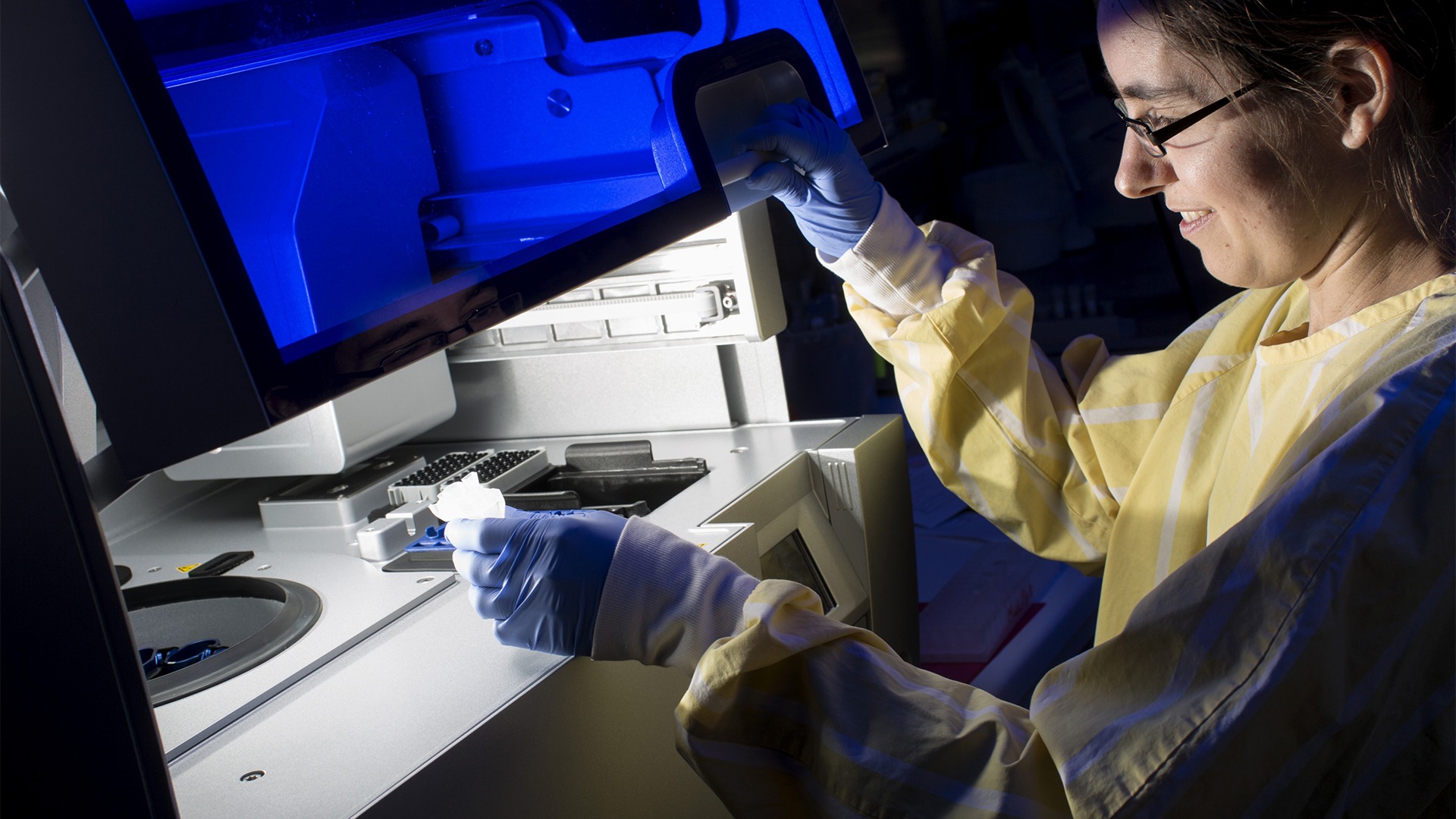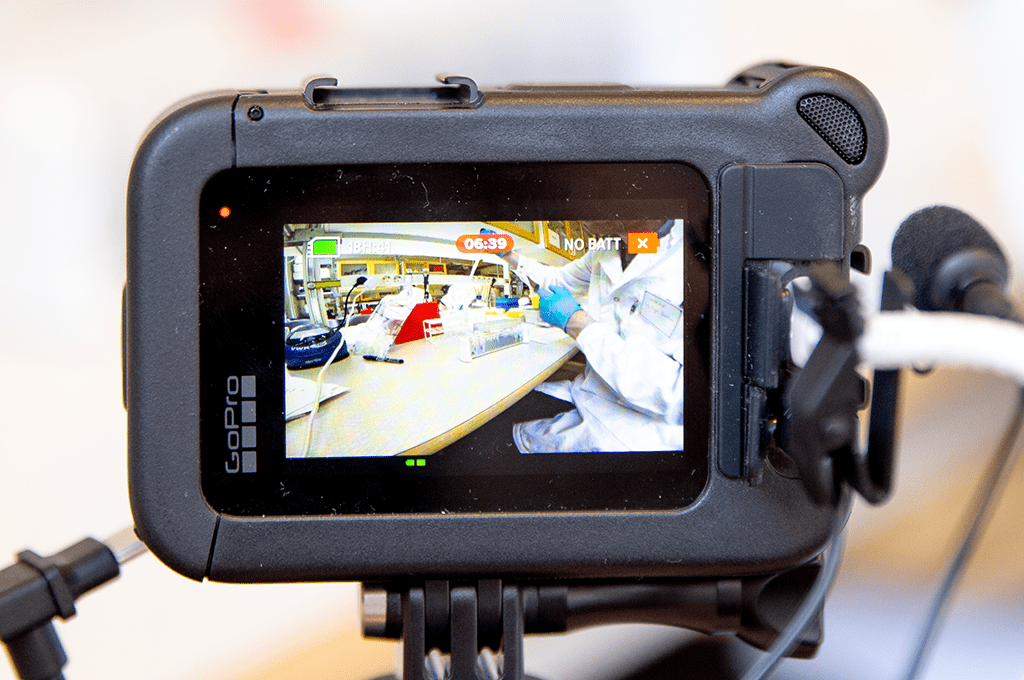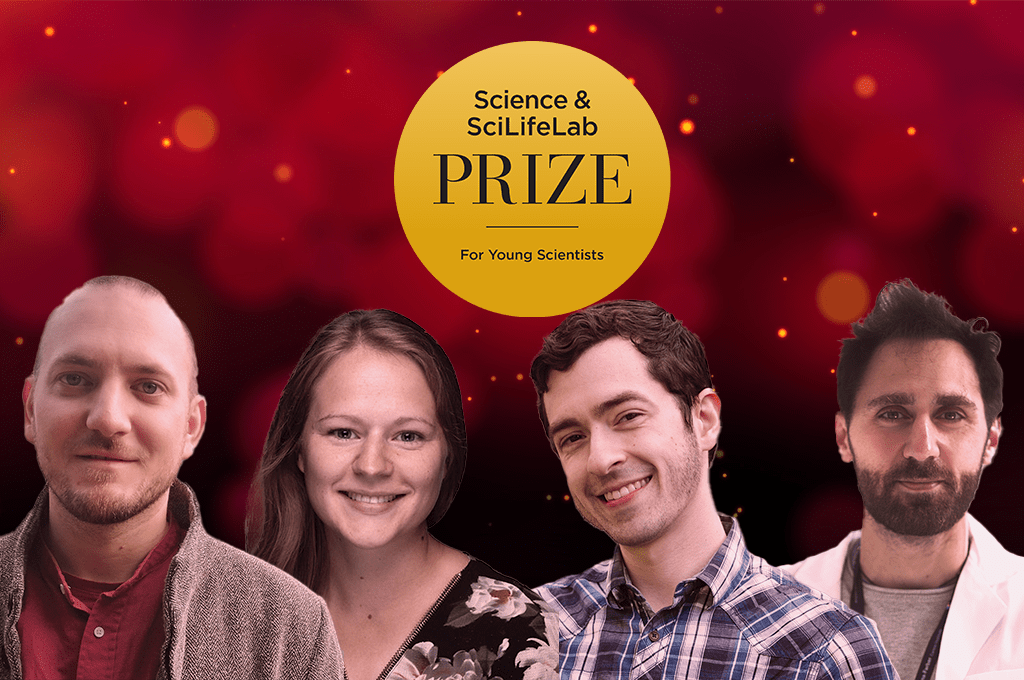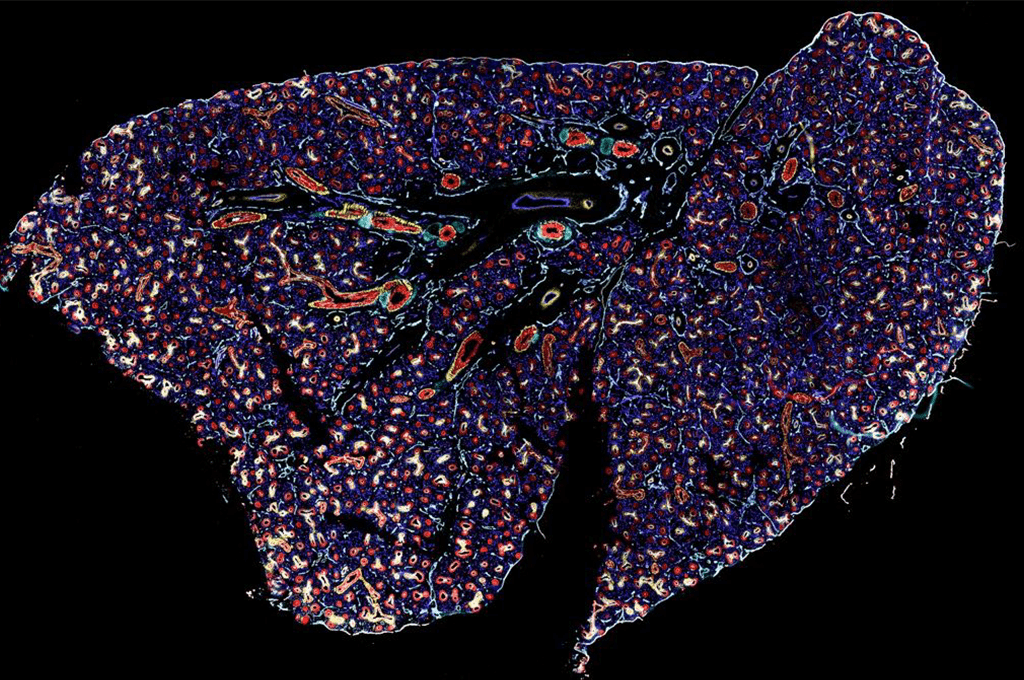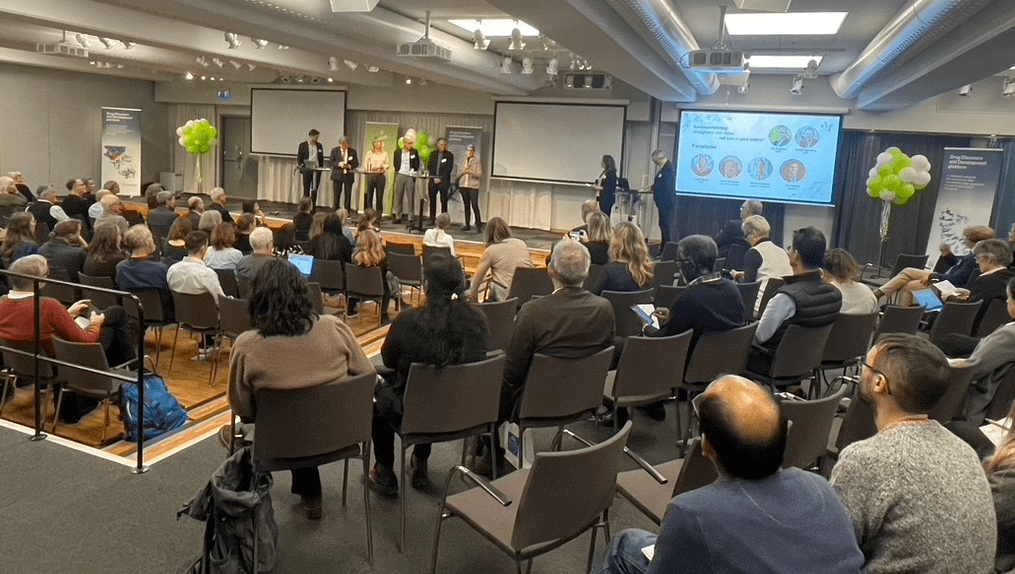Cancer precision medicine pilot studies produce first annual report
The SciLifeLab Clinical Genomics (CG) platform has been involved in two national cancer pilot studies for broad genetic testing of childhood cancer, breast cancer and ovarian cancer, together with Genomic Medicine Sweden (GMS). The national pilot studies have been made possible through an initiative from the Ministry of Social Affairs, and the first results have now been presented in a report from April 2022.
“We are very grateful for the support from the Ministry of Social Affairs, which has given us the opportunity to implement the national pilot projects for childhood cancer and women’s cancer. This has meant that we have been able to set up broad genetic testing more quickly throughout the country. We have also been able to add additional diagnostic methods, to further increase the possibility of a successful targeted treatment for these patients”, says Anders Edsjö, vice chairman of the GMS management group and co-chair for GMS solid tumors, in a press release from GMS.
Pilot study childhood cancer
So far, over 100 children with childhood cancer have participated in the study and whole genome sequencing (WGS) has been carried out on 86 of them, with more sequencing on the way. The tumor samples were sequenced at four of the regional genomic medicine centers (GMCs) in collaboration with the SciLifeLab Clinical Genomics (CG) platform.
Other genetic assays, such as whole transcriptome sequencing and DNA methylation analysis, have also been carried out in collaboration with the CG platform. These assays can provide additional information about the tumors, leading to an increased number of reliable diagnosis and sometimes to the identification of treatment targets.
In 58 percent of the cases where bioinformatics and copy number analysis has been completed, the diagnosis could be improved by, for example, identifying genetic abnormalities linked to varying risk of tumor recurrence.
“We expect that the proportion of patients who can benefit from targeted treatment will increase as we continue to add copy number analysis and whole transcriptome sequencing to all GMCs”, says David Gisselsson Nord who leads GMS Childhood Cancer.
Pilot studies Women’s cancer
The two pilot studies for women’s cancer are based on the GMS national gene panel for solid tumors (GMS560). The SciLifeLab CG platform played a key role in the development and clinical validation of this panel. In order to achieve the greatest clinical benefits discussions were held with the regional cancer centers and it was decided that one of the pilot studies should focus on patients with metastasized breast cancer. In the other project, the plan is to add a complex biomarker (homologous recombination deficiency, HRD) in order to better predict the response to targeted PARP-blocking treatment against ovarian cancer.
During the first year of the breast cancer study, the work has been focused on validating the GMS560 gene panel at all seven GMCs. BRCA1, BRCA2 and PIK3CA are the most important genes when it comes to breast cancer treatment decisions. Based on these initial results, new protocols are being developed for e.g. which tissue types that are possible to analyze, since this is a limitation when it comes to metastasized breast cancer.
The preliminary results from the ovarian cancer study showed that a GMS560-integrated HRD-analysis is viable for both fresh-frozen samples and samples that have received the general clinical treatment (formalin and paraffin) at Swedish pathology laboratories.
In addition to funding from the Ministry of Social Affairs, the national access to WGS of childhood cancers was also funded by the Swedish Childhood Cancer Fund.
